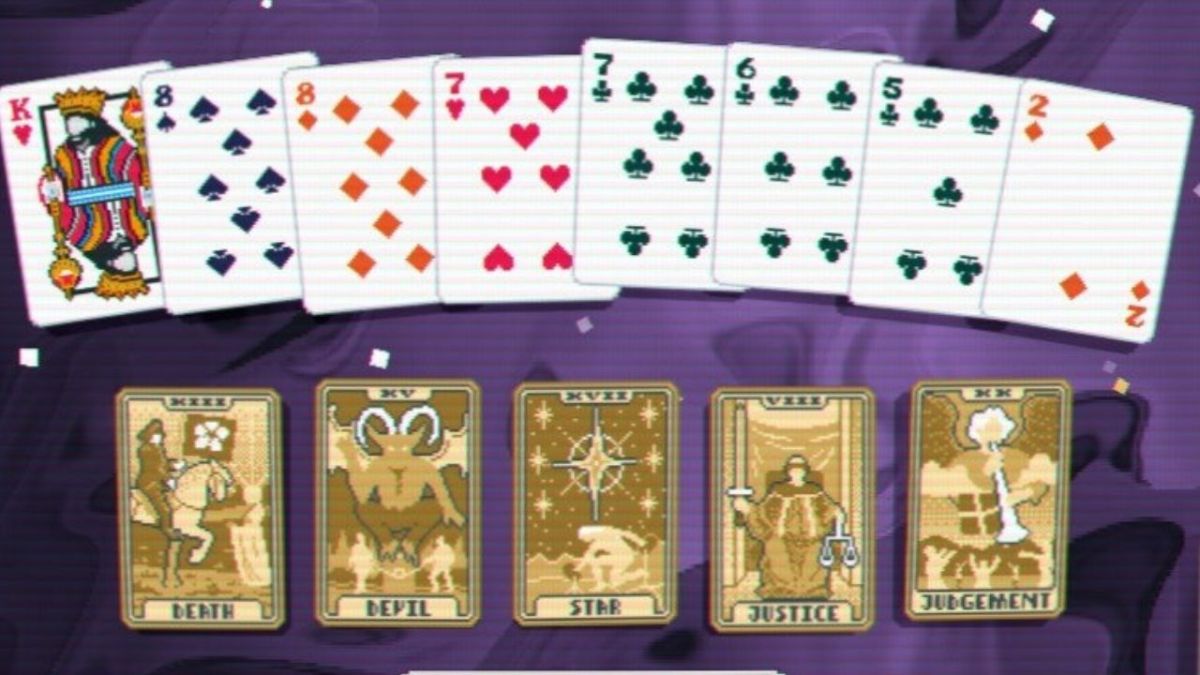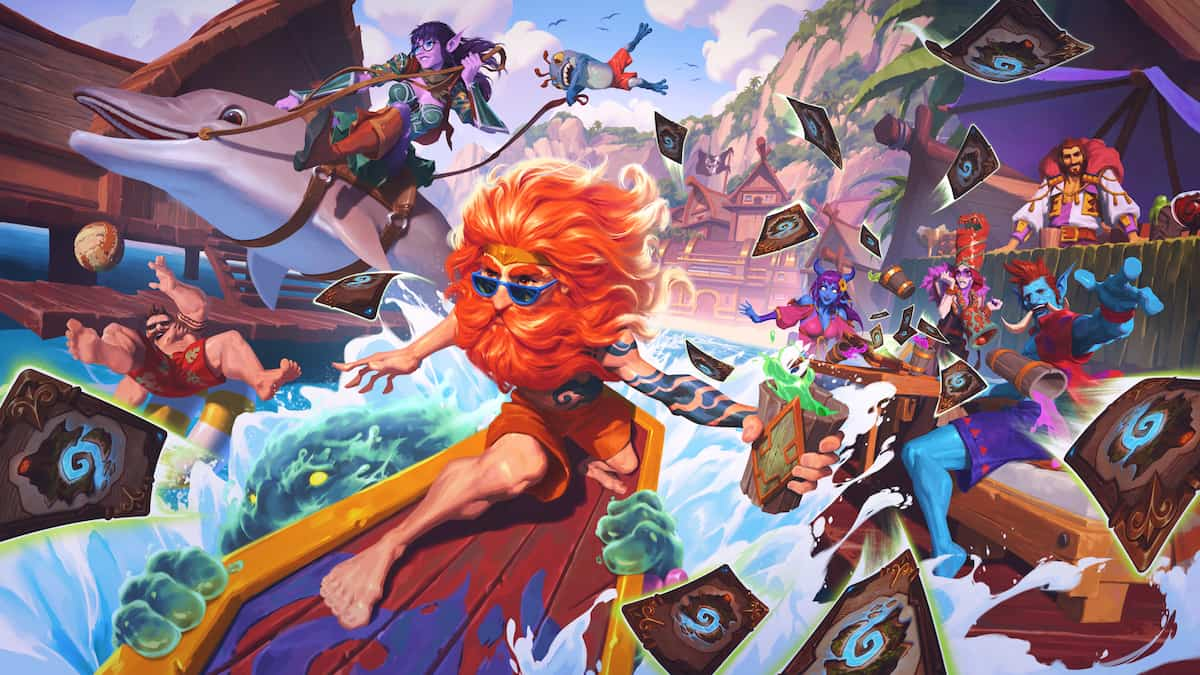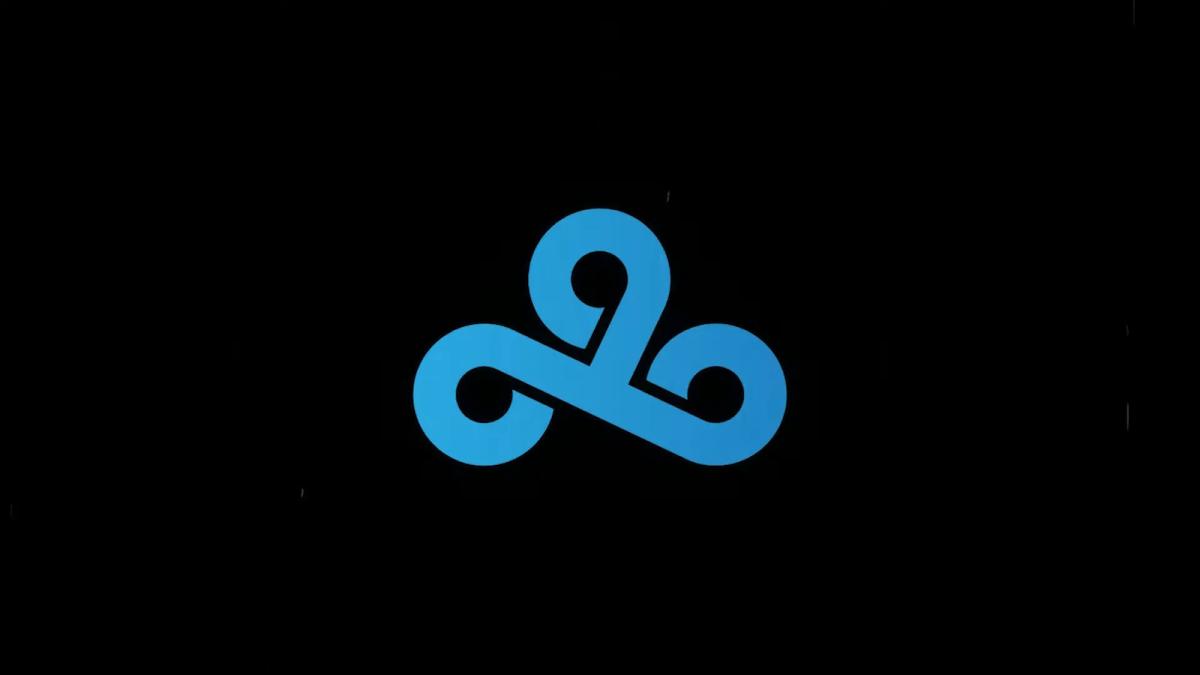The International e-Sports Federation, based in South Korea, is composed of 42 member nations. It hosts World Championship esports tournaments and seeks to introduce “global standards of esports for integrated development of each country by instituting “international esports standardization,” according to its website.
This standardization apparently includes segregating women from parts of the World Championship, specifically from esports categories offered for men, but not for women. And it works the other way around, as well.
The gender-based segregation in the IeSF World Championships came to light when fans criticized the Finnish Assembly Summer 2014 Hearthstone tournament for only allowing male participants. Assembly responded with the following:
“To clarify the gender restriction rule, it is based on the International e-Sports Federation’s (IeSF) tournament regulations. Since the IeSF World Championship Hearthstone tournament in Baku is male only, we can only accept male participants in the Finnish qualifier.”
In other words, the Finnish tournament has only enacted this rule because its tournament feeds into the IeSF World Championship. The IeSF, therefore, is ultimately responsible for Assembly’s “no men in Hearthstone” rule.
The IeSF’s explanation for this segregation?
In the world of traditional sports, segregation of men and women into separate leagues has some reasonable basis. There are valid and very real inherent, physiological differences between men and women. But these rules also hail from a time when athleticism and well-defined musculatures were not considered virtues for a woman, which is clearly not the case today. There is more reason now, than ever before, to question the separation of men and women into separate sports leagues as an across-the-board philosophy.
That said, sports rules are designed to reasonably prevent frequent harm to the players. Taken from that perspective, separation of men and women into separate leagues may not always be desirable, but it is at least based on reasonable safety concerns.
This is so not the case in esports. By enforcing this segregation-by-gender in its World Championships, the IeSF is propagating the myth that women are inherently less talented at playing video games competitively than men. If anything, esports offer an advantage to traditional sports in that men and women begin on an even playing field, by default.
We could look at the IeSF’s rules as yet another symptom of segments of the esports community seeking to validate themselves against traditional sports, which seems increasingly less relevant a concern as esports continue its exponential growth. Beyond this concern, the steps taken by the IeSF to enforce a gender divide in the World Championships seem to directly contradict an entire Article of the IeSF’s statutes:
Article 5 Non-discrimination and Promoting Female Participation
1. The Practice of e-Sport is a fundamental right for all.
2. All parties related to IeSF’s events including its Members and partners shall take all appropriate measures to eliminate discrimination against women, and to promote and elevate the participation of female players in order to ensure, on a basis of equality of women and men, the same rights, in particular, to participate in recreation, leisure and sports activities and all aspects of cultural life.
3. Discrimination of any kind against lineage, gender, religion, politics, individual, organization or any reason is strictly prohibited and punishable by suspension or expulsion.”
That is, at face value, a wonderful, guiding sentiment for any sports organization. It also doesn’t seem to be in effect in so far as the different categories in the IeSF’s World Championships is concerned. Even if the IeSF insisted on segregating women and men into separate brackets, wouldn’t it make sense that every esport in the Championships would have a bracket for both men and women?
According to the IeSF’s Facebook page for its World Championships, the male brackets include Dota 2, StarCraft 2, Ultra Street Fighter IV, and Hearthstone. The female brackets include StarCraft 2, and Tekken Tag Tournament 2. There’s a lack of equity on both sides of the coin.
The IeSF has let the fans know, via a new post on its Facebook page, that the IeSF has heard the criticisms being leveled at them in regards to the World Championship brackets.
We have reached out to the IeSF for comment.
H/T PC Gamer






Published: Jul 2, 2014 10:36 am